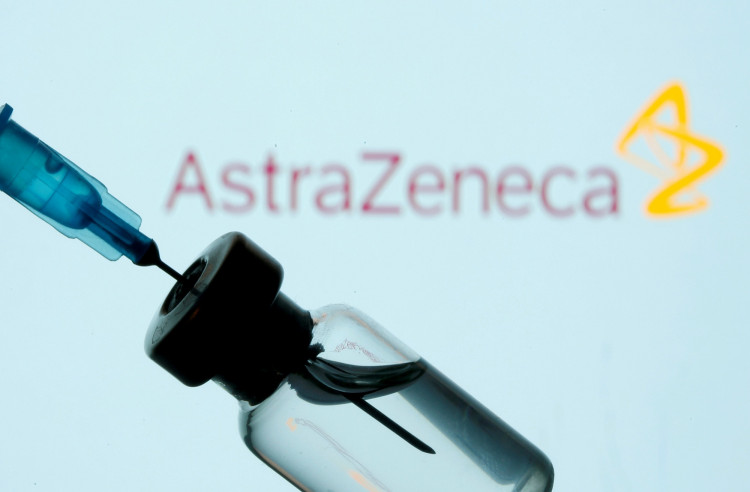South Africa takes a huge gamble next week when it starts inoculating frontline health workers with the unproven COVID-19 vaccine from Johnson & Johnson instead of the proven jab from Oxford-AstraZeneca.
The country's national vaccination program was thrown into turmoil when the results of a small study suggested the Oxford-AstraZeneca vaccine called AZD1222 isn't that effective in preventing mild to moderate disease caused by the more contagious South African mutation known as 501Y.V2.
What makes use of the Johnson & Johnson one-shot vaccine called Ad26.COV2.S contentious is it's only been approved for use in studies in South Africa and hasn't yet been authorized for mass inoculations in any country.
On the other hand, AZD1222 is the only vaccine authorized for general use in South Africa and has been shown capable of preventing coronavirus infections.
A clinical study of the vaccine in South Africa found 501Y.V2 can evade antibodies generated by AZD1222 and might reduce the efficacy of this vaccine. It found the vaccine was 57% effective at preventing moderate COVID-19 caused by 501Y.V2.
On the other hand, AZD1222 provides even better protection against severe disease, with 85% efficacy after 28 days.
There is research from the United Kingdom suggesting AZD1222 currently being used in the country is effective against both old and new variants of the virus such as B.1.1.7 and 501Y.V2.
Despite these contradictory studies, South African Health Minister Zweli Mkhize said the country will switch to Johnson & Johnson's AZD1222 vaccine and won't use the Oxford-AstraZeneca vaccine for now.
In a nationwide address, Mkhize assured the public the J&J vaccine is safe. He said this vaccine has been tested on 44,000 people thus far.
He said the J&J vaccine will first be used to inoculate the country's 1.25 million health workers. South Africa has the largest number of confirmed COVID-19 cases on the African continent at 1.5 million along with 47,000 deaths.
Mkhize confirmed South Africa will begin the first inoculations usingAZD1222 next week. The first doses will come from a supply sent to South Africa for testing purposes. Inoculations are expected to ramp-up in March.
The Oxford-AstraZeneca vaccine has been touted as more suitable for developing countries because it's cheaper. It also doesn't require the super cold storage necessary to maintain its effectiveness, which is the case with mRNA vaccines such as that from Pfizer/BioNTech.
South Africa's sudden decision to scrap AZD1222 could reduce global enthusiasm for the vaccine. AZD1222 is being produced in massive quantities in India and will be used by the COVAX alliance for distribution to poor countries.
Dr. Soumya Swaminathan, chief scientist at the World Health Organization, said people shouldn't conclude from South Africa's decision the Oxford-AstraZeneca vaccine doesn't work.
She said all the available evidence to date shows the vaccines developed so far reduce deaths, hospitalizations and severe disease. Independent experts advising WHO on Wednesday recommended the use of AZD1222 even in countries where mutations are present.






